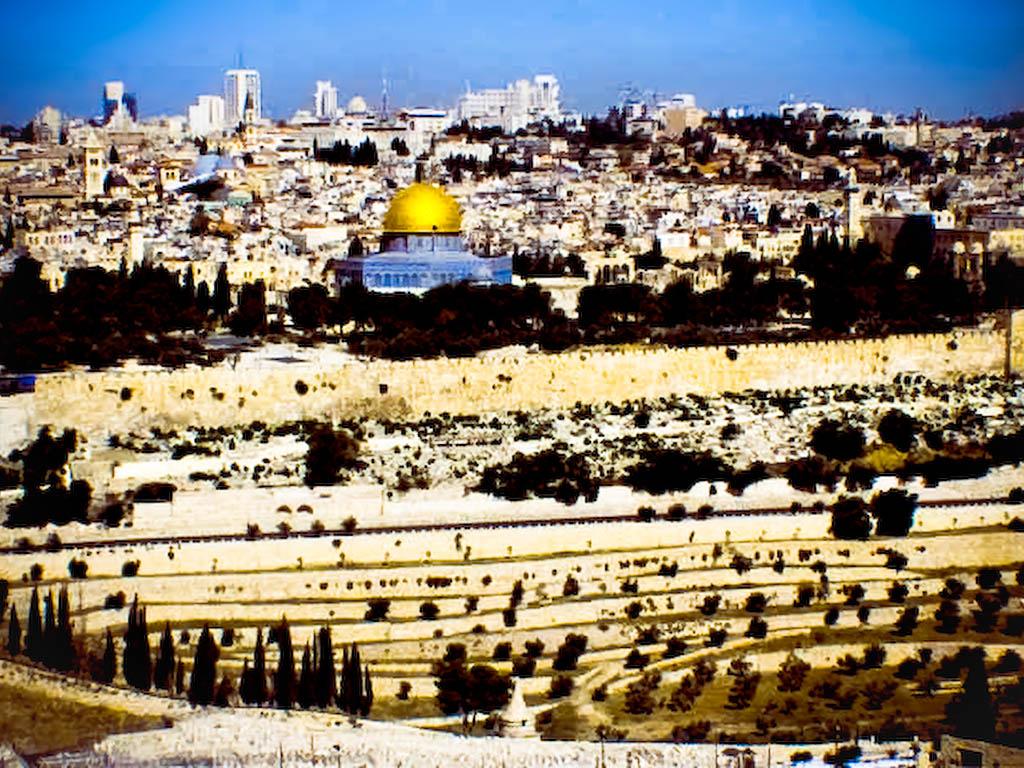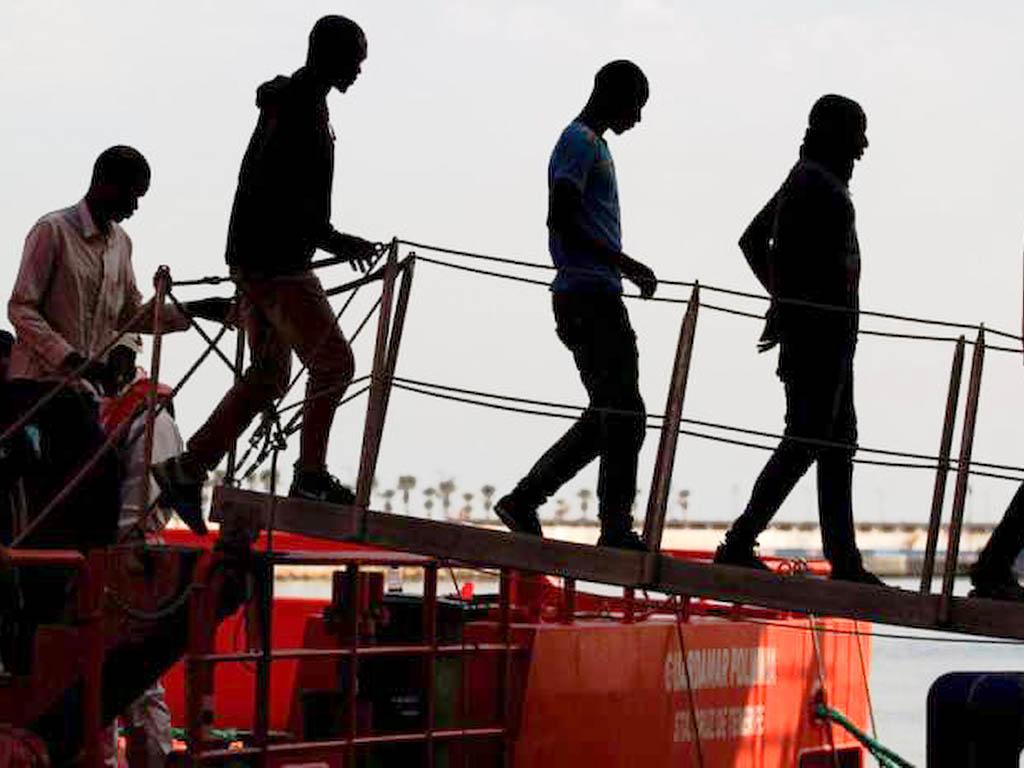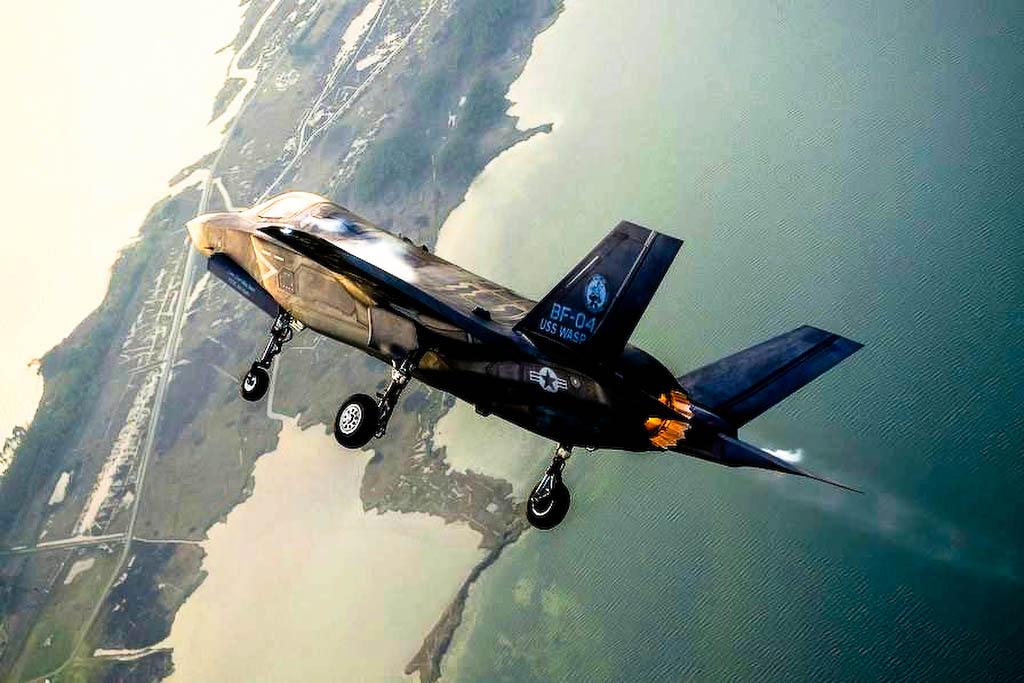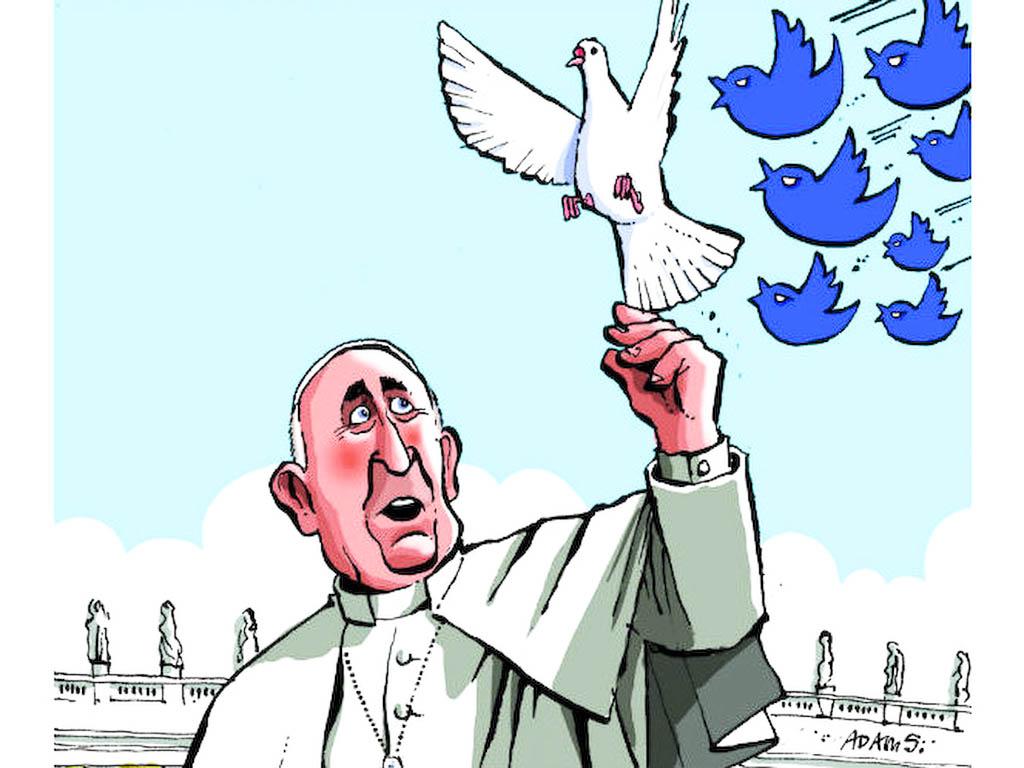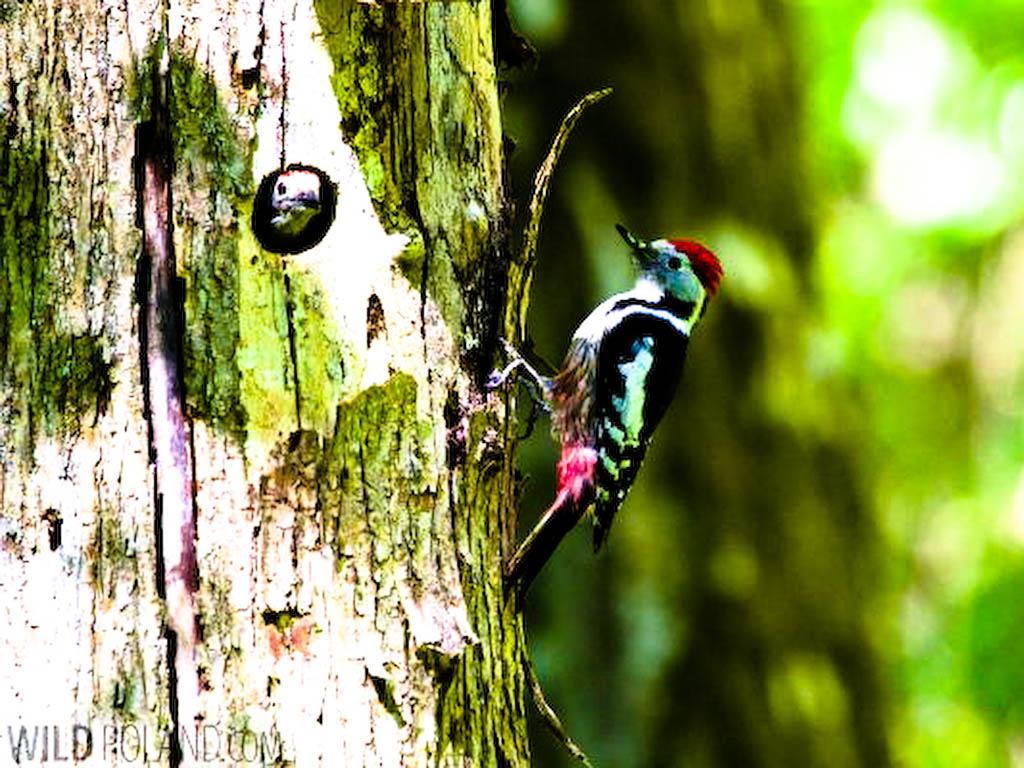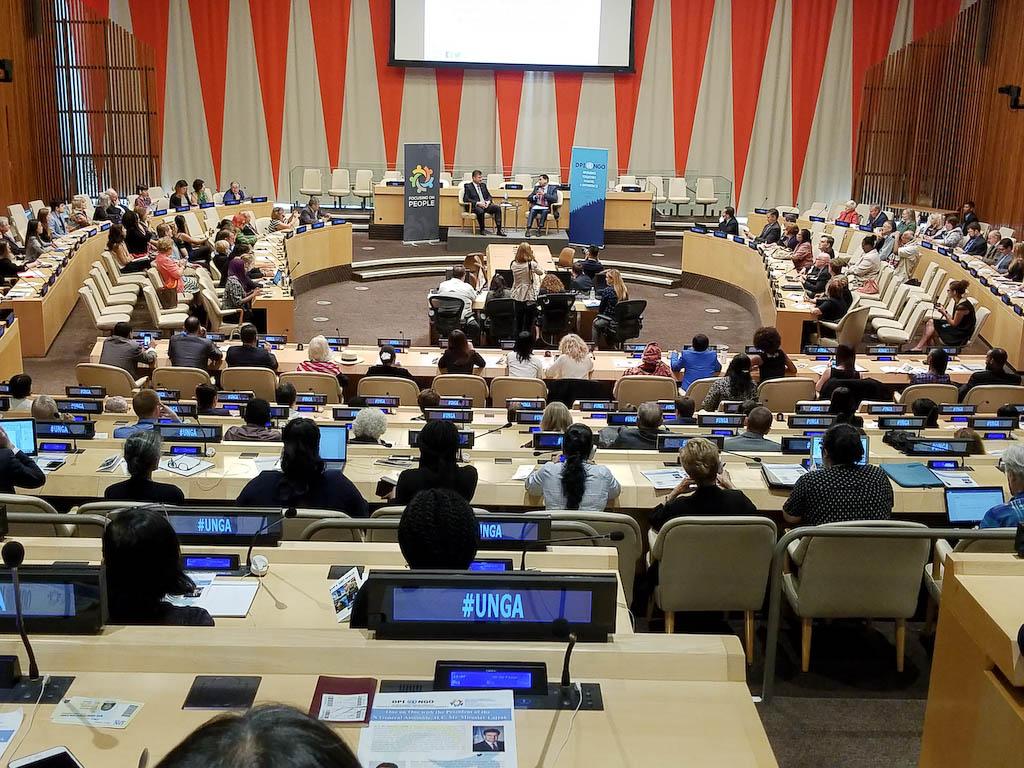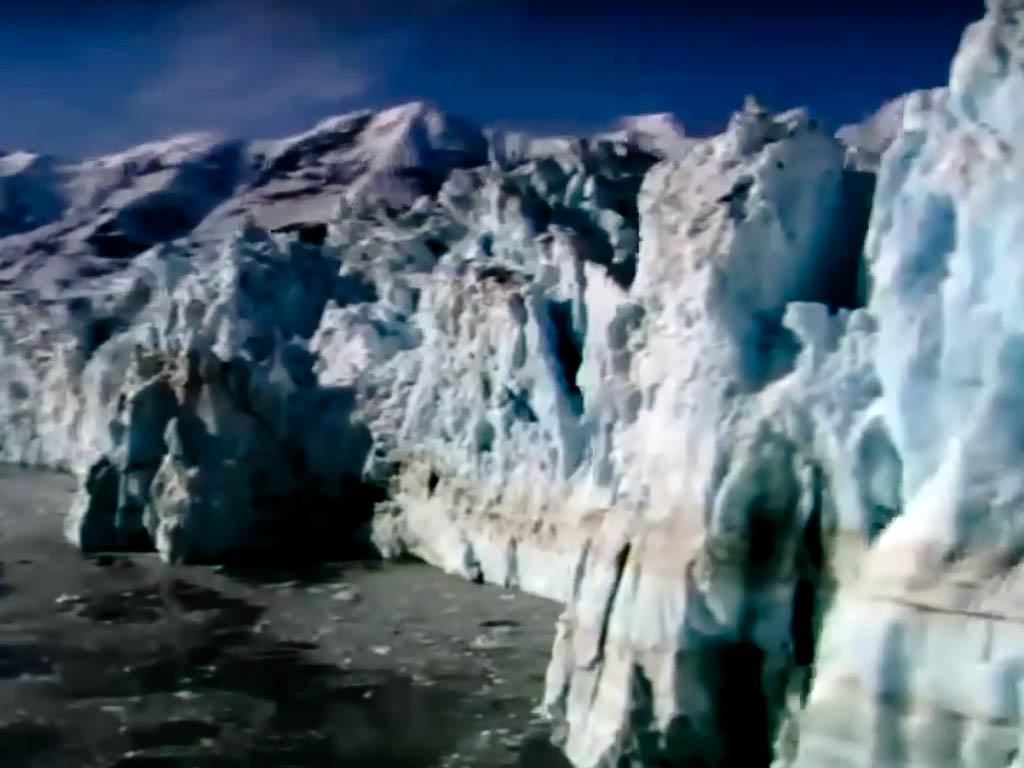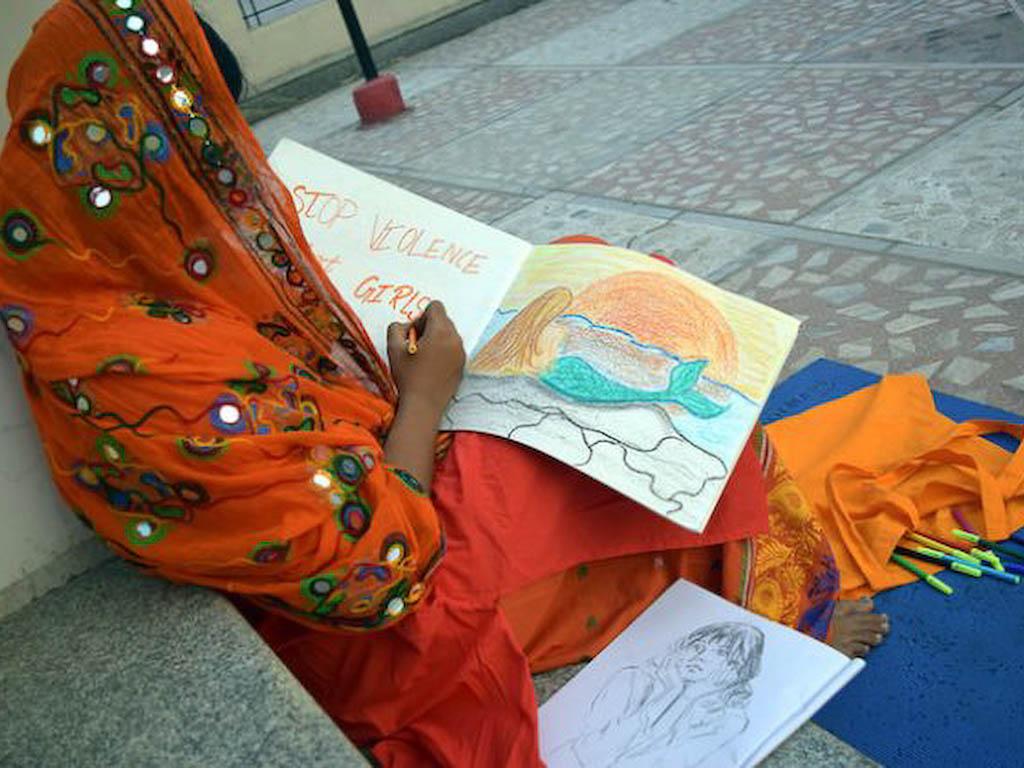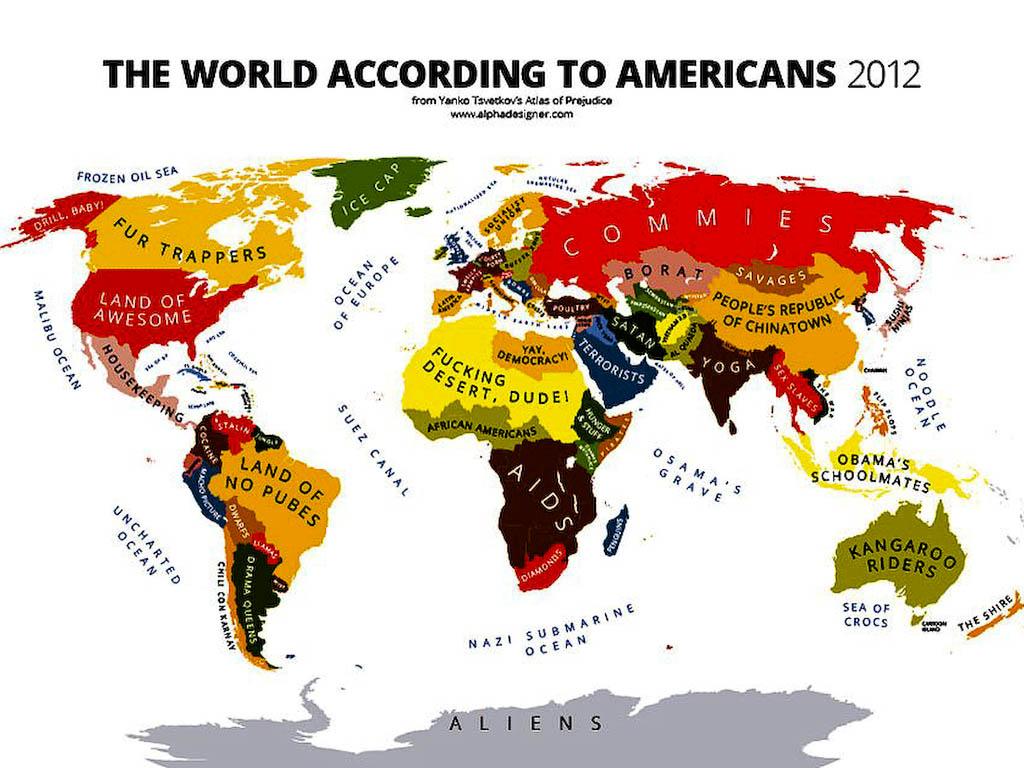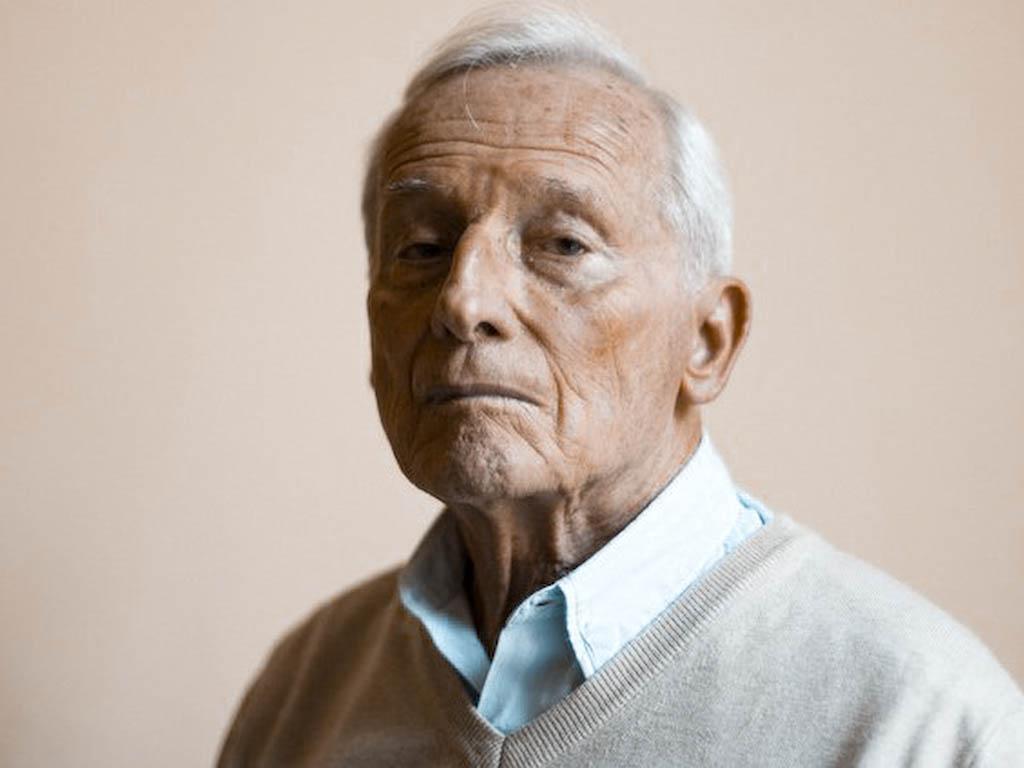Jpic News From John Paul Blog ? Vol. 6 - N 1
|
THE NEWS OF THE MONTH
A vote, a slap?It has been a long time in the air, and now the clash between US (United States) and UN (United Nations), two similar but not friendly acronyms, has become a threat. This clash has many aspects, from the political to the ideological, but has always landed on the runway of funding. The last clash - because it is neither the first nor the only one - about Jerusalem, capital or not of Israel, has become blackmail. This was clearly expressed by Nikky Halley, the US ambassador to the UN, before the vote: "At the UN we are always asked to do and give more, so when we take a decision, by the will of the American people, on where to place our embassy, we do not expect those we helped to target us". This blackmail after the vote became a real threat: "The US will remember this vote" , a threat reaffirmed by President Trump himself. But, how consistent is this threat? Let's start by understanding how what is officially called "United Nations System" (UN) elegantly translated in many languages with ONU, "United Nations Organization" is financed. When he presented his last ordinary budget proposal for the 2016-2017 period to the General Assembly, the former Secretary General Ban Ki-moon, called for $ 5.74 billion. The Assembly asked him to reduce it to $ 5.5 billion and ended up approving it for $ 5.57 billion. "As a sense of responsibility, I wanted to make sure that my successor would be able to carry out his tasks smoothly and with sufficient resources," said Ban Ki-moon. But where do all these billions come from? Here to go on reading. | |
|
THE GOOD NEWS
African Bishops speak outIn an interview to the Catholic News Service three African leaders, Joseph Bagobiri, Bishop of Kafanchan,. Alaba Job, Archbishop Emeritus of Ibadan, and Julius Adelakun, Bishop Emeritus of Oyo put themselves on the side of the people stating: it is necessary to invest in Nigeria to create jobs and to start effective campaigns to discourage Nigerians to try their luck in Europe and falling in the hands of unscrupulous human traffickers. The discovery of a slave market from West Africa in Libya is provoking concern in Nigeria, where most of the people subjected to slavery are from. At the beginning of December, the Nigerian government repatriated about 3,000 compatriots from Libya. According to Mgr. Bagobiri, Nigerians were willing to pay as much as ,400 to travel to Libya and other countries to seek a better life. "If each of such individuals had invested these amounts positively and creatively in Nigeria in viable business opportunities, they would have become employers of labor." Instead they are "subjected to slavery and other forms of inhuman treatment by Libyans." "The Nigerian government should make them realize that there are more prospects for survival in Nigeria than we think exist in Europe and other places," added Mgr. Bagobiri. "In the midst of so much wealth and resources we have in this country Nigerians should not become beggarly and only decide to fly out of Nigeria in search of the elusive greener pastures," underlines the Bishop of Kafanchan. "Many Nigerians are traveling to the developed world to enjoy the development put in place by their governments, but we have refused to develop our own country," points out Mgr. Adelakun. "Let us start to develop ours to make it attractive and conducive for living, so that foreign nationals will want to come," he concluded. Nigeria in addition to being rich in oil, has arable land and other natural wealth that are not yet fully exploited. The corruption indicator drawn up by Transparency International sees Nigeria at the 136th position out of 176 States around the world, placing it among the most corrupt countries in the world. Corruption hampers economic development, causing discouragement and disappointment in many young people who are trying to migrate abroad, but end up in the hands of human traffickers. See Agenzia Fides | |
|
THE WORST NEWS
The arms trade increasesAccording to the SIPRI report, the worldwide sale of weapons in 2016 (the year of the most recent complete data available), reached 374.8 billion dollars, with a growth of 1.9% compared to 2015 and 38% compared to the 2002, when there was a decline in military spending due to the end of the cold war. According to SIPRI, the total real value of arms sales in the world can be greater because the production, sale and export data of China are not available since they are not published. In the ranking among the top 10 of the hundred major producers dominate the United States with revenues of over 7 billion dollars, or more than 57% of the total. In the first place, there is Lockheed Martin (Sikorsky helicopters and F-35 Lighting II), followed by Boeing and Raytheon. The United States increase in 2016 compared to 2015 is therefore of the order of 4%. Russia has ten of its companies among the 100 largest producers, with sales of .6 billion, with a 7.1% market share and 3.8% growth. For Russia, low labor costs and the ambiguity of public data do not permit a real comparison with other arms-producing states. Sales in Australia, Israel, Poland or Singapore are falling, while new producers, like Brazil and India, are growing. The Chinese military industry is growing in size and technological quality, but the data it provides is not very reliable. To learn more see Trends in World Military Expenditure, 2016 | |
|
CELEBRATING!
Migrants and refugees: men and women in search of peace“Peace to all people and to all nations on earth! Peace, which the angels proclaimed to the shepherds on Christmas night, is a profound aspiration for everyone, for each individual and all peoples, and especially for those who most keenly suffer its absence. Among these whom I constantly keep in my thoughts and prayers, I would once again mention the over 250 million migrants worldwide, of whom 22.5 million are refugees. Pope Benedict XVI, my predecessor, spoke of them as “men and women, children, young and elderly people, who are searching for somewhere to live in peace.” In order to find that peace, they are willing to risk their lives on a journey that is often long and perilous, to endure hardships and suffering, and to encounter fences and walls built to keep them far from their goal. In a spirit of compassion, let us embrace all those fleeing from war and hunger, or forced by discrimination, persecution, poverty and environmental degradation to leave their homelands. We know that it is not enough to open our hearts to the suffering of others. Much more remains to be done before our brothers and sisters can once again live peacefully in a safe home. Welcoming others requires concrete commitment, a network of assistance and goodwill, vigilant and sympathetic attention, the responsible management of new and complex situations that at times compound numerous existing problems, to say nothing of resources, which are always limited. By practising the virtue of prudence, government leaders should take practical measures to welcome, promote, protect, integrate and, “within the limits allowed by a correct understanding of the common good, to permit [them] to become part of a new society.” Leaders have a clear responsibility towards their own communities, whose legitimate rights and harmonious development they must ensure, lest they become like the rash builder who miscalculated and failed to complete the tower he had begun to construct.” Go on reading the Pope Francis Message | |
|
TAKE ACTION NOW!
Defend the ForestThe Białowieża Forest in eastern Poland, is Europe’s last primeval forest. Its trees are being cut to make plywood and pallets. The current Polish government approved intensive logging in protected parts of the Forest. The excuse is fighting an outbreak of bark beetle - an argument refuted by Polish and European scientists. In reality, the wood is being sold for profit. Only since the beginning of this year more than 50,000 trees were cut down, many of them over a 100 years old. Recently, the European Court of Justice responded to the EU Commission’s legal complaint and ordered Poland to halt logging to prevent irreversible damage, before the Court issues its final judgment. But the Polish authorities have ignored all demands to save the Forest. The only thing standing between the trees and the harvesters is the power of people’s protest. Let us send our word of support. "The Białowieża Forest is beyond value - it’s a priceless piece of living history. It is our shared heritage, ours to cherish and safeguard from human greed and folly. Protectors of the Forest, you stand on the frontlines of the struggle for the defense of the Forest, its hundred year- old trees and the amazing riches of animal and plant life. You stand in the name of all of us, and you don’t stand alone. You have our support, our solidarity and our gratitude. From across Europe, we are watching, and we stand with you in defense of the Forest." To find out more and sign the letter of support, see here | |
|
KNOWING BETTER THE UN
What is and what the UN does or should doPaul VI asked to the religious and missionary institutes to be present in the international organizations to promote Justice and Peace according to the Social Doctrine of the Church. What we do for Justice and Peace is shown in the Newsletters we have been sending to a thousand people during the last a few years and in the www.jpic-jp.com blog. Understanding what we missionaries do or can do at the United Nations (UN) perhaps needs to have a better knowledge of What is and what the UN does or should do. Let's start with some words on the United Nations history (which is more widely recounted here). On June 12th, 1941 in London the leaders of the countries concerned at the expansionist ambitions of Nazi Germany, the British and Commonwealth representatives signed an inter-allied Declaration in which they committed themselves to "work together, with other free peoples, both in war and peace time". It was the first step towards the establishment of the United Nations. A few months later, on August 14th, 1941, US President Franklin Delano Roosevelt and British Prime Minister Winston Churchill signed the Atlantic Charter, in which they drafted the principles of international collaboration for the maintenance of peace and security. On January 1, 1942, in Washington, representatives of 26 nations proclaimed their adherence to a declaration for the first time called "United Nations", a name suggested by President Roosevelt. Only later 21 other countries joined the idea. On October 30th, 1943, the Moscow Conference was held with the presence of the United Kingdom, China, the Soviet Union and the United States, who signed the Declaration of the Four Nations on General Security, which was calling for an international organization creation in order to maintain peace and security. This project was reaffirmed by the United States, the Soviet Union and the United Kingdom in Teheran on December 1st, 1943 and confirmed in the 1944 meetings (August-October) held in Washington, in two sessions for some divergences between the Soviet Union and the Nationalist China. The four powers there drafted the first UN project defining its aims, structure and functioning. Thus far we arrive at the Yalta Conference (4-11 February 1945) where the will to establish "an international organization for the safeguard of peace and security" was reiterated and the San Francisco Conference decided. This Conference (April 25, 1945) gathered the representatives of 50 countries for a "United Nations Conference on the International Organization". The 111 articles of the Charter were there drawn up and adopted unanimously on 25th June 1945. Poland, not present at the conference, will sign it later, bringing to 51 the original signatory countries. The actual birth of the UN date of October 24th , 1945 after the ratification of the Statute by the five permanent members of the Security Council: China-Taiwan, France, Soviet Union, United Kingdom and the United States and the signature of the other 46 countries. For this reason the United Nations Day is celebrated on October 24th. From these brief historical notes there are two elements that come up and partly explain the current problems of the UN: at its origin there was a need of the 2nd World War winners who retained quite naturally for them the right to be the 5 permanent members of the Security Council - we will remember later the adventure of the League of Nations -. The UN, moreover, born in this way, will be for a long time and by inertia, succubus of the countries that wanted it, which, together with their security, more than the peace of the world, will continue to focus their economic, political, and ideological interests. | |
|
KEEP SMILING
Happy New Year 2018!This beautiful video, popped up from the archives, seems as an excellent way to wish Happy New Year. St. Francis, tells St. Bonaventure, "from a reflection on the primary source of all things, filled with even more abundant piety, he would call creatures, no matter how small, by the name of ‘brother’ or ‘sister. Such a conviction cannot be written off as naive romanticism, for it affects the choices which determine our behavior. If we approach nature and the environment without this openness to awe and wonder, if we no longer speak the language of fraternity and beauty in our relationship with the world, our attitude will be that of masters, consumers, ruthless exploiters, unable to set limits on their immediate needs. By contrast, if we feel intimately united with all that exists, then sobriety and care will well up spontaneously. The poverty and austerity of Saint Francis were no mere veneer of asceticism, but something much more radical: a refusal to turn reality into an object simply to be used and controlled." (Laudato Sì, No. 11). In his message for Peace, Pope Francis, referring to immigrants invites us this year to four "actions": welcoming, protecting, promoting and integrating. I believe it is the best wish for all the dimensions of our life: that in 2018 we always know how to welcome, protect, promote and integrate. Happy New Year! | |
|
MUST WATCH - MUST KNOW
Against gender violence, Education, Not CondemnationSally Mboumien remembers the day she pressed a steaming hot stone against her chest. In Bawock, the rural community of western Cameroon where she grew up, young girls often had their young, sprouting breasts flattened with a hot iron or a hammer or spatulas that had been heated over burning coals. This was good for the girls because it would keep them safe from men, she had often heard her elders say. So one day, when her mother had gone, an 11-year-old Mboumien overheated a stone and tried to iron her own breasts. The stone burnt the delicate skin and tissue, leaving deep black scars over her breasts. Her waves of pain were overshadowed with fear. Terrified, the little girl hid her scars from everyone, including her mother. “I did what everyone said was good. But I was only a victim of ignorance,” says Mboumien – now one of Cameroon’s most vocal advocates for Sexual and Reproductive Health and Rights (SRHR) for girls and young women. According to the United Nations, breast ironing or breast flattening affects 3.8 million women around the world, in countries such as Cameroon, Benin, Ivory Coast, Chad, Guinea-Bissau, Kenya, Togo, Zimbabwe and Guinea-Conakry. It is also one of the five most under-reported crimes relating to gender-based violence. Although it is done in an attempt to delay puberty and safeguard the girl from unwanted sexual desire, breast ironing exposes girls to numerous health problems such as infections, cysts, permanent damage of the tissue, cancer and complete disappearance of one or both breasts. Read here the entire article | |
|
RESOURCES
New Year, new prejudices!A new year starts. New year new life, says a saying, but it is not so simple, in fact "it is easier to break an atom than a prejudice" (Albert Einstein) and "If we wake up one morning and discover that we are all the same race, creed and color, we would find some other cause of prejudice by noon "(George David Aiken). The fact is that "Misunderstanding arising from ignorance breeds fear, and fear remains the greatest enemy of peace" (Lester B. Pearson). Actually, "Everything we say, do, think, and feel is a product of our personal history and the collective history of humankind. Our name for these histories is prejudice" (Jonathan Lockwood Huie). Yet, "Listening to without bias or distraction is the greatest gift we can give to another person" (Denis Waitley). Therefore "Share our similarities, celebrate our differences" (M. Scott Peck). Charlotte Brontë said this very well: "The prejudices, it is well known, are more difficult to eradicate from the heart whose soil has never been cleared or fertilized by education; they grow there, stuck like weeds among the rocks". To convince yourself, take a look at this series of maps, even if they are in a weary English! You will discover how prejudices are rooted in history and already projected into the future. 31 Maps Mocking National Stereotypes Around the World | |
|
WITNESSING
A precursor of the fight against land grabbingHenri Burin des Roziers was a French Dominican, who in Brazil was called the advocate of "the landless". He died Sunday, November 26th, 2017 at the age of 87 in the Saint-Jacques convent of Paris even though he would have liked to be in Brazil when "death surprises him." Born in Paris in 1930, from a bourgeois Catholic family, he was 17 years old when with the Saint Vincent de Paul Confreres he visited the working class families in the outskirts of Paris. There were five children in his family, but in that visit he discovers families of seven or eight children packed up with their parents in narrow slums. This experience brought him out from his comfort zone: "It struck me a lot - he will comment later - Why was I enjoying such advantages, and not they?" The Algerian war (1954 - 1962), in which he lived as a second lieutenant between 1954 and 1956, contributed in finally opening his mind to the perception of injustices. In 1957, while obtaining a doctorate in law, he met the Dominican Congar. In Yves Congar he discovered the free spirit of a great theologian who later would infuse that freedom into Vatican II opening it towards the world and the future. Thus, in 1958, he joined the Dominicans and was ordained a priest in 1963 just in the middle of Vatican II. Read here the entire article |

Office P.O. Box 138 - Montclair NJ 07042 0138 US
Please share your suggestions, opinions, doubts and ideas writing to pezzijp@jpic-jp.org
You can subscribe also by writing to webmaster@jpic-jp.org
for all back issues www.combonimissionaries.org - www.comboni.org
Copyright © www.jpic-jp.org

